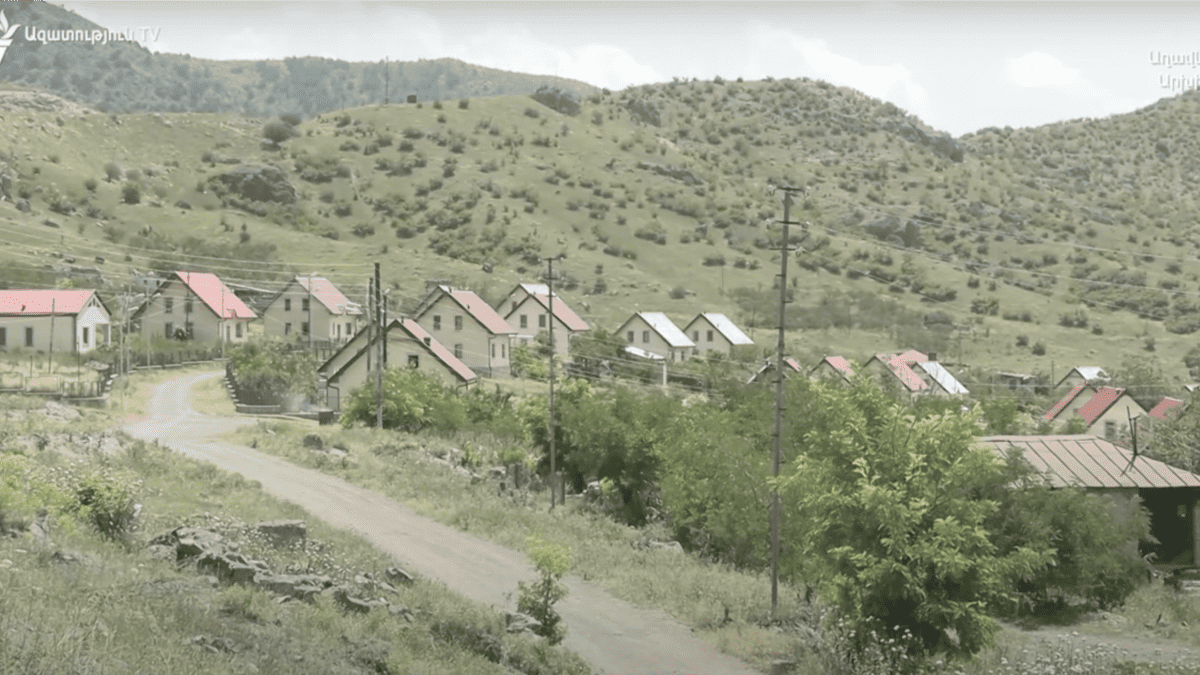THE HOUR OF RECKONING WITH ARTSAKH

August 25 is a date that will live in infamy in Armenian history. On that date, Armenians turned over the villages of Aghavno and Berdzor to the occupying forces of Azerbaijan. Almost two years of the 44-day war, Armenia is still suffering the aftershocks of the catastrophic defeat.
In addition to massacres big and small, Azerbaijan—as much a criminal nation as Turkey, its main partner and sponsor—makes use of other tools at its disposal, which include applying military and political pressure to advance its policy of creeping encroachment on Armenian lands.
Yet the picture is more mixed. While Armenians had to abandon their homes in Aghavno and Berdzor, a new road to connect Armenia to Artsakh is being built. This eloquently points to the fact that a new status quo is slowly maturing around Artsakh. Even though Azerbaijan is making all the predictable noises that can be expected from such a dictatorship, it would appear that it tacitly agrees that “the Karabakh issue” is not resolved. Not, at least, while Russia has a say in the matter, which appears as opaque to observers as anything undertaken by the Kremlin lately.
All this is still circumstantial. The core problem has not been addressed. It is not an ethnic conflict, as a superficial analysis might mislead observers into believing —it is civilizational. More plainly, Artsakh and its motherland, Armenia, have had democratic governments since their independence in 1991. Azerbaijan, by contrast, has lurched from one dictatorship to another until it found some sort of stability under the hereditary regime of the Aliyevs, now with Ilham at its head, one of the most corrupt politicians in the world.
It is anybody’s guess how this mixed and perplexing scenario will play out. It still calls on us to remain vigilant. Nothing is dearer to Armenia as peace. Yet as long as the Turkic countries that flank Armenia and Artsakh make recourse to violence, we cannot afford to lower our guard.
